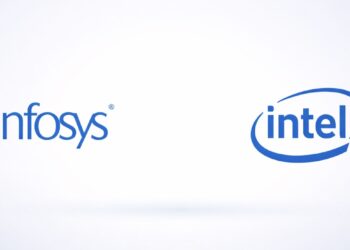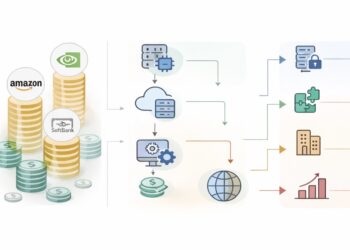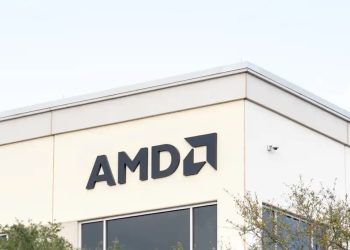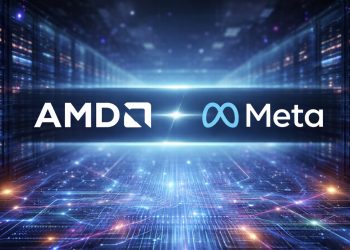In a move that further cements its ambition to become a dominant force in the global AI infrastructure race, SoftBank Group has completed the acquisition of Arm-based server chipmaker Ampere Computing. The acquisition, finalized after months of negotiations and regulatory scrutiny.
Financial terms of this deal were not officially disclosed, but analysts estimate the deal value in the multi-billion-dollar range, reflecting Ampere’s rising relevance in an AI-accelerated computing market currently dominated by Nvidia, AMD, and Intel.
Ampere Computing Holdings LLC, founded in 2017 by former Intel president Renée James. Ampere has gained traction for its custom Arm based CPUs, particularly the Ampere Altra and Altra Max lines, which have been adopted by leading cloud providers.
SoftBank acquisition brings Ampere under the same ecosystem umbrella as Arm, whose CPU blueprints have become ubiquitous across mobile devices and are now becoming central to AI workloads, edge computing, and hyperscale data centers.
Ampere’s processors are designed for scale-out workloads, the kind increasingly essential for AI inference, cloud-native applications, and edge deployments. Cloud giants such as Google Cloud, Oracle Cloud, and Microsoft Azure have already experimented with or deployed Ampere-based instances.
With SoftBank’s backing, Ampere is expected to:
- Accelerate development of next-generation Arm-based server CPUs
- Compete more aggressively with custom silicon efforts such as Amazon’s Graviton
- Potentially collaborate more closely with Arm on co-optimized AI/ML silicon
- Expand manufacturing partnerships with TSMC and other fabs
SoftBank Acquisition of Ampere also improves supply-chain security for SoftBank as it seeks more influence in the semiconductor landscape, a theme increasingly critical amid global chip-sovereignty discussions.
A Signal to AI Chip Rivals
The semiconductor industry responded with cautious optimism. Investors see this acquisition of Ampere as an attempt to position SoftBank as a vertically integrated powerhouse across mobile, edge, and data center computing. However, some analysts warn that competing head-to-head with Nvidia’s computing ecosystem will require far more than CPU innovation alone.
As global demand for compute continues to surge, SoftBank’s move positions it not just as a stakeholder but as a strategic architect in the future of AI infrastructure.




















